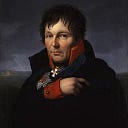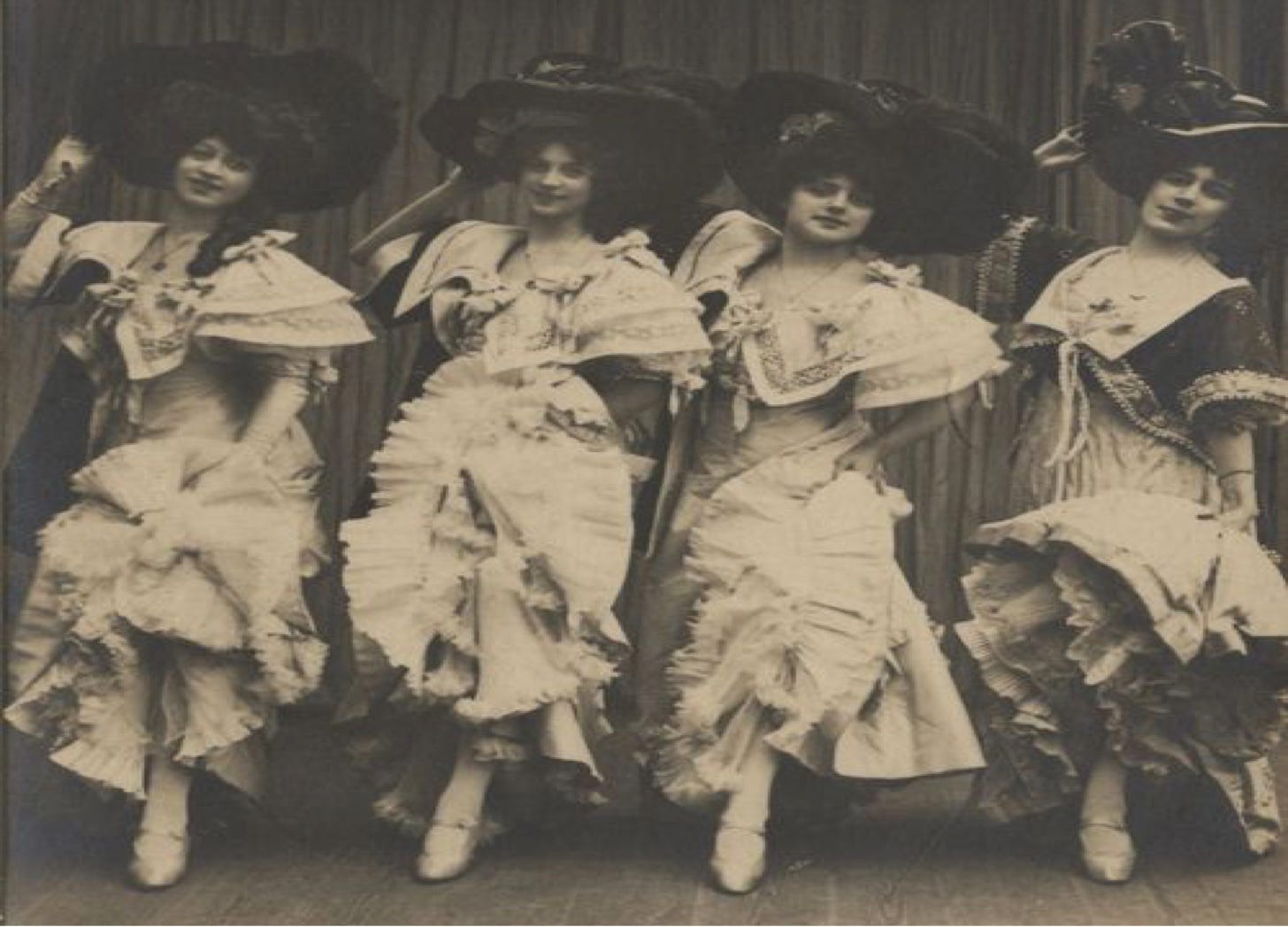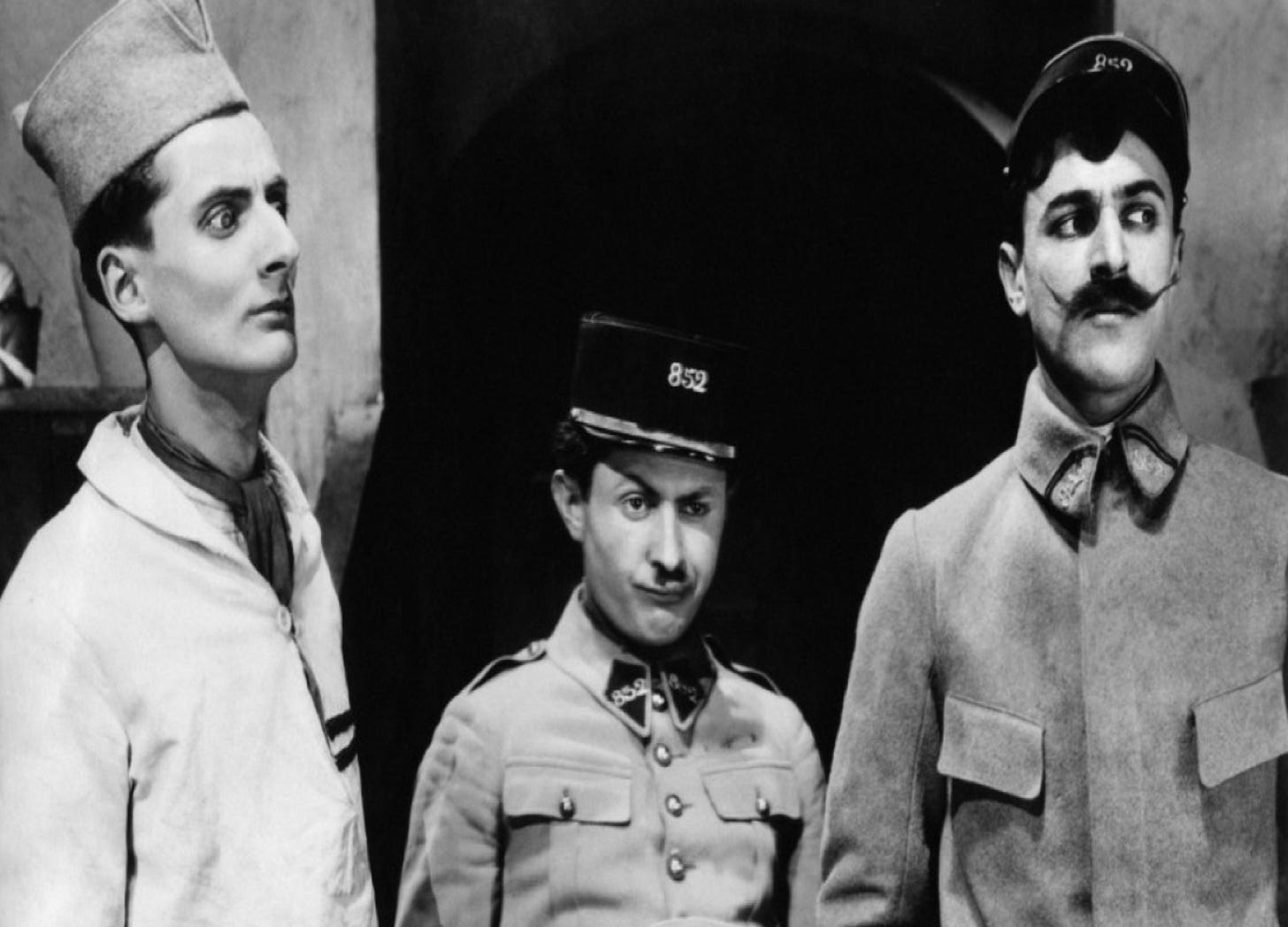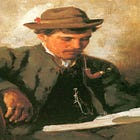

Discover more from Extra Muros
“Call out the troops!”
“What’s happening?”
“A troupe came into the bar, and the dancers keep feeding quarters into the jukebox, playing Super Trouper over and over again.”
“I’m sorry, but I have no troops to send you.”
“What about state troopers? Do you have any of those?”
“None, I’m afraid. Would you settle for a troop of Girl Scouts?”
“I guess that will have to do.”
“They’ll arrive in half-an-hour. Can you hang on for that long?”
“I can, and I will. You can be sure of that.”
“That’s the spirit. I always knew you were a trouper.”
Allow me, Gentle Reader, to regale you with tale of a pair of pairs. I must warn you, however, that the pairs are not peers. As you can see from vignette at the top of the page, the members of one duo are used more often, and for a wider variety of purposes, than the elements of the other.
In the more specific set, that of troupe and trouper, the recent importation of the senior member is very much in evidence. This is partly a matter of spelling. (Think, if you will, of a coupe de champagne.) It also brings to mind groups of the sort of artistes who might have kept company with Toulouse Lautrec.
As is so often the case with words taken from French during the last two centuries or so, the English version of the word has a much narrower meaning than the French original. Thus, while a Francophone can use troupe describe a wide variety of modest collectivities, a troupe can be nothing other than ensemble of peregrine players who dance, sing, or act together. To put things another way, while practitioners of improvisational comedy invariably belong to troupes, a troupe of stand-up comics would, ipso facto, defy the laws of logic.
“Trouper” is slightly less specialized than its partner. It can (hat tip to ABBA) refer to a person who performs as part of a troupe. It can also describe someone of any profession, who, believing that “the show must go on,” suffers, without complaint, the slings and arrows of outrageous fortune.
“Troop” also descends from troupe. However, as is the custom of expressions that crossed the Channel wearing doublet and hose, the number of places where “troop” can be used has grown. Consequently, we now have, in addition to troops of the equestrian persuasion, such as those made up of dragoons, hussars, uhlans, and cuirassiers, troops composed of baboons, chimpanzees, and, believe it or not, rhinoceroses. “Trooper,” however, remains restricted to horse-soldiers and their direct descendants. So, whether he rides in a Challenger tank or a tricked-out Chevy Blazer, every trooper necessarily serves in a troop.
By the way, the original running mate of troupe, the French word troupier, was applied, in the course of the nineteenth century, to any soldier who had yet to earn his stripes and, in particular, to a passed master of the soldierly art of dodging distasteful details. During the Belle Époque, the troupiers of the latter sort became stock figures in le comique troupier, a genre of popular entertainment that prefigured such tours de force of American television as No Time for Sergeants; Gomer Pyle, USMC; and, marvelous to say, F Troop.
To Support, Subscribe, or Share:
Subscribe to Extra Muros
Extra Muros explores ways people can obtain the benefits of higher education while remaining "outside the walls" of our dying universities.



















Very arty article that's drenched with historical goodies!
"and, marvelous to say, F Troop..." - which I loved as a kid.
"The end of the Civil War was near, when quite accidentally..." I can still sing the intro!